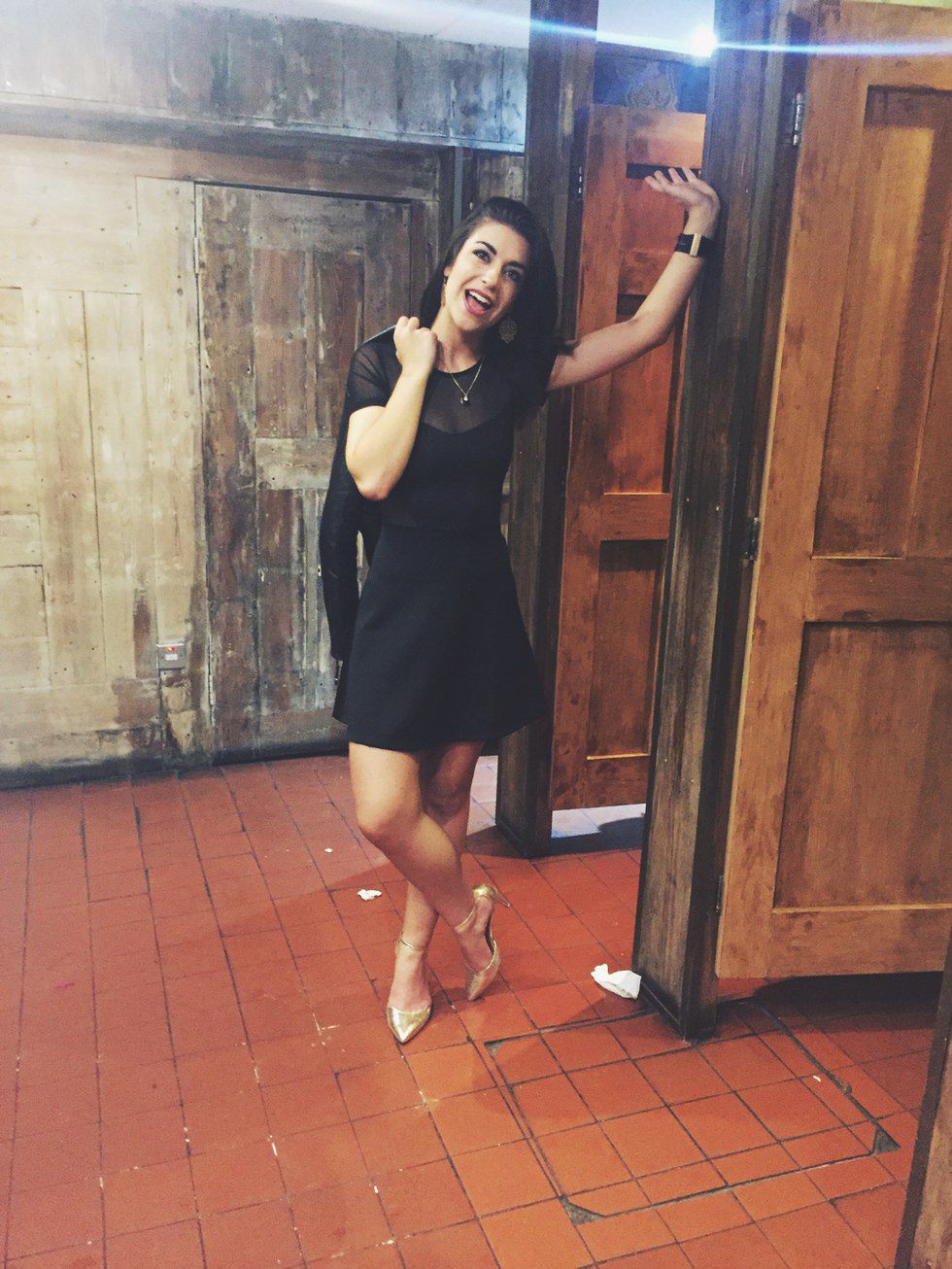"I'm not OK."
It took me far too long to confess this simple phrase. After suffering in denial for two and a half years, admitting these three little words forced me to finally address my struggle with anxiety and depression.
While mental health has been gaining traction in the media and is now the pet project of the UK's Royal Family, there is still an unfortunate stigma surrounding mental health disorders.
I live a very comfortable life. I come from a loving family, I have sound physical health, and I am a successful university student with many friends and interests. In simple words, my life appears perfect at a cursory glance.
A common misconception in America is that something has to "happen" in order for you to get depression. The death of a loved one, a traumatic event, sudden unemployment, history of abuse, etc. Because nothing "happened" to me, I felt I did not have the right to be depressed. There was no rhyme or reason; it seemed I had caught depression like someone catches the flu.
I assumed I was weak or lazy. It was my fault I couldn't pull out of my "funk", my fault that I couldn't snap out of it. I didn't even have a valid reason for being depressed and thus I didn't need to acknowledge its presence in my life.
For a long time, I put on a good public face. I could brush off my bad days with excuses of being tired or stressed, pretty common complaints in a university setting. But the cracks began to show as my grades suffered and my family grew concerned.
I didn't care anymore- about school, my friends, about myself. Depression made me feel so dispassionate about life that I was skipping classes for days at a time, didn't show interest in eating, and couldn't work up the energy to get off the couch for hours. Days of crying, weight loss, concerned calls from family and friends, and panic attacks later I still didn't think I was "sick enough" for meds or therapy. With a mixture of pride and denial, I thought I could fix myself. I was embarrassed and full of shame, a disappointment to my parents and professors once depression started reflecting in my academic work. Like most Americans that don't understand depression, I was determined to "suck it up" and just "decide to be happy". It wasn't working.
Today I am a happy, healthy gal. Last autumn, I finally made the decision to get treatment. With the help of a patient therapist and some tiny white pills, depression does not control me anymore. There is no longer a suffocating blanket of sadness and indifference clouding my day.
Rest assured, depression and anxiety is not something I can "cure" with enough hours in a therapist's chair or the correct dosage of Zoloft. I will be at risk to spiral down again in the future; I will be living with depression for the rest of my life. Luckily for me, my depression is manageable and I have learned how to recognize "warning signs" of a spiral.
Depression happens. You are not crazy or broken or weak because of a mental health disorder. I refuse to let a chemical imbalance in my brain determine my societal self-worth.
Be compassionate to those around you - be nice. Depression looks different for everyone and it is debilitating in every form. Other serious mental health disorders typically emerge in early adulthood. If you have noticed changes in a loved one or you are struggling (and in denial), start a conversation with someone close to you and seek help.
If you break an arm, you go to the hospital for a cast. This same normalcy should extend to your mental health. If your mind and soul are sick, it is normal and completely acceptable to see a doctor. Mental health is just as important to your well being as your physical state. It pains me to see the stigma surrounding mental health issues in the attitudes of our peers and elders. Mental health is an important issue that affects crime rates, America's homeless, safe public school environments, and incident of suicide [among various other social concerns]. Please talk about mental health with your family and friends - make it a comfortable environment for someone to admit they need help.
You are not a failure and you are not alone. Tell someone that you're not OK.
If you need someone to talk to or have decided to seek support, check out some of these resources:
Gryphon Place http://www.gryphon.org/ 24-hour HELP-Line: 269.381.4357
Pine Rest Mental Health Services https://www.pinerest.org/ +1 866.852.4001
Anxiety and Depression Association of America https://www.adaa.org/




















